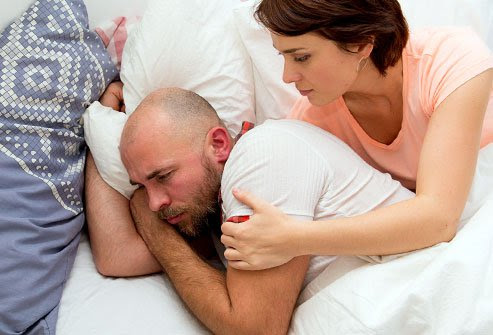Make an Appointment
NavMitra Clinic Location :
Shop No 211, 2nd Floor, Dlf City Court Near Sikanderpur Metro Station, Sector 25A Gurugram Pin:-122002 (HR)
Timing: (10:00 AM To 6:00 PM)


Low intimate desire, also known as hypoactive intimate desire disorder, is more commonly observed in women than in men, often due to hormonal changes. However, men can also experience this issue, primarily due to testosterone deficiency. If left untreated, low intimate desire can lead to significant health problems. Identifying the underlying causes and seeking appropriate treatment is essential.
1. Hormonal Changes: Both men and women can experience low intimate desire due to hormonal imbalances. In men, low testosterone levels are a frequent cause.
2. Stress: Work-related stress and fatigue can lead to reduced intimate desire. Stress management and relaxation techniques are crucial for maintaining a healthy libido.
3. Routine and Relationship Issues: Boredom in the relationship and lack of communication can diminish intimate interest. Keeping the relationship exciting and addressing underlying issues can help restore desire.
4. Health Conditions: Certain medical conditions, such as thyroid dysfunction and chronic illnesses, can impact intimate desire. Regular medical check-ups and treatment are necessary.
5. Lifestyle Factors: Poor sleep, inadequate rest, and high levels of stress can contribute to low intimate desire. Adopting a healthy lifestyle, including proper sleep and stress management, can improve libido.
1. Primary Low Desire: This occurs when an individual has never experienced intimate fantasies or a desire for intimate activity.
2. Secondary Low Desire: A sudden decrease in intimate desire that was previously normal.
3. Generalized Low Desire: A lack of intimate desire in all situations and with all partners.
4. Situational Low Desire: A lack of intimate desire in specific situations or with specific partners.
1. Identify and Address Stress: Managing stress through relaxation techniques, exercise, and adequate rest can significantly improve intimate desire.
2. Communicate with Your Partner: Open communication about intimate needs and concerns can help resolve relationship issues and increase intimacy.
3. Seek Medical Advice: Consult a healthcare provider to identify any underlying medical conditions contributing to low intimate desire. Hormonal therapy or other treatments may be recommended.
4. Ayurvedic Treatments: Ayurvedic approaches can offer natural remedies to enhance intimate desire. Consulting an experienced Ayurvedic practitioner can provide personalized treatment plans.
It is crucial to consult a qualified healthcare Consult with a men's health specialist when experiencing persistent low intimate desire. Self-medicating or trying unverified remedies can lead to further complications. A professional can help determine the root cause and recommend appropriate treatments, whether they are medical, psychological, or lifestyle-related.
Low intimate desire is a complex issue with various potential causes, including hormonal imbalances, stress, and relationship problems. Addressing these factors through medical consultation, stress management, and open communication with partners can help restore a healthy libido. For those interested in natural remedies, Ayurvedic treatments offer a holistic approach to managing low intimate desire.
By understanding and addressing the causes of low intimate desire, individuals can improve their overall health and well-being, ensuring a satisfying and fulfilling intimate life.
NavMitra Clinic Location :
Shop No 211, 2nd Floor, Dlf City Court Near Sikanderpur Metro Station, Sector 25A Gurugram Pin:-122002 (HR)
Timing: (10:00 AM To 6:00 PM)